21 Foods That Will Help Lower Your Cholesterol: Maintaining healthy cholesterol levels is paramount for cardiovascular well-being. Fortunately, one of the most effective ways to manage cholesterol is through a balanced and nutritious diet. In this article, we’ll explore a comprehensive list of 30 foods that can play a pivotal role in helping you lower your cholesterol levels naturally. From fiber-rich grains to heart-healthy fats and antioxidant-packed fruits and vegetables, these dietary choices can be your allies in promoting cardiovascular health and reducing the risk of heart disease.
1. Oats:
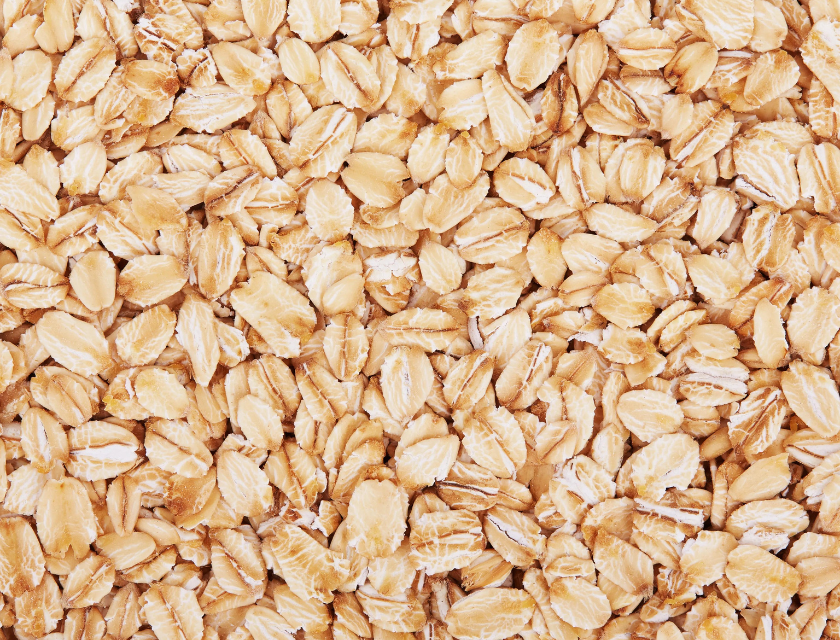
Oats, celebrated for their nutritional prowess, boast a notable content of soluble fiber, with a particular emphasis on beta-glucans. This unique fiber component is a standout feature that contributes significantly to the potential health benefits of oats. The soluble fiber in oats, and specifically beta-glucans, plays a crucial role in managing cholesterol levels, particularly the low-density lipoprotein (LDL) or “bad” cholesterol. Beta-glucans have the remarkable ability to form a gel-like substance in the digestive tract, impeding the absorption of cholesterol and bile acids. As a result, less cholesterol is assimilated into the bloodstream, leading to a reduction in LDL cholesterol levels.
2. Barley
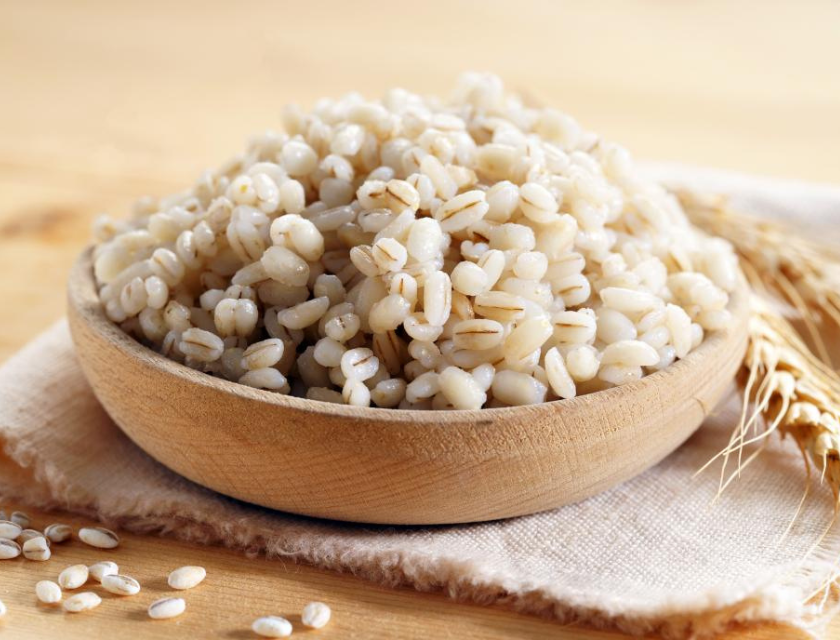
Barley, akin to oats, stands as a nutritional powerhouse enriched with soluble fiber, rendering it a commendable option for those seeking to manage cholesterol levels and prioritize heart health. Soluble fiber, found abundantly in barley, plays a pivotal role in curbing cholesterol by binding to cholesterol molecules in the digestive tract and aiding their elimination from the body. This mechanism contributes to a healthier lipid profile and a potential reduction in the risk of cardiovascular diseases. Additionally, the soluble fiber in barley helps regulate blood sugar levels, providing a dual benefit for individuals managing both cholesterol and diabetes. Beyond its heart-protective qualities, barley encompasses an array of essential nutrients, including vitamins, minerals, and antioxidants, fostering overall well-being. Incorporating barley into one’s diet, whether in the form of whole grains or as a versatile ingredient in soups, stews, or salads, can be a flavorful and wholesome strategy for promoting heart health and embracing a nutritionally diverse lifestyle. Foods That Will Help Lower Your Cholesterol.
3. Quinoa:
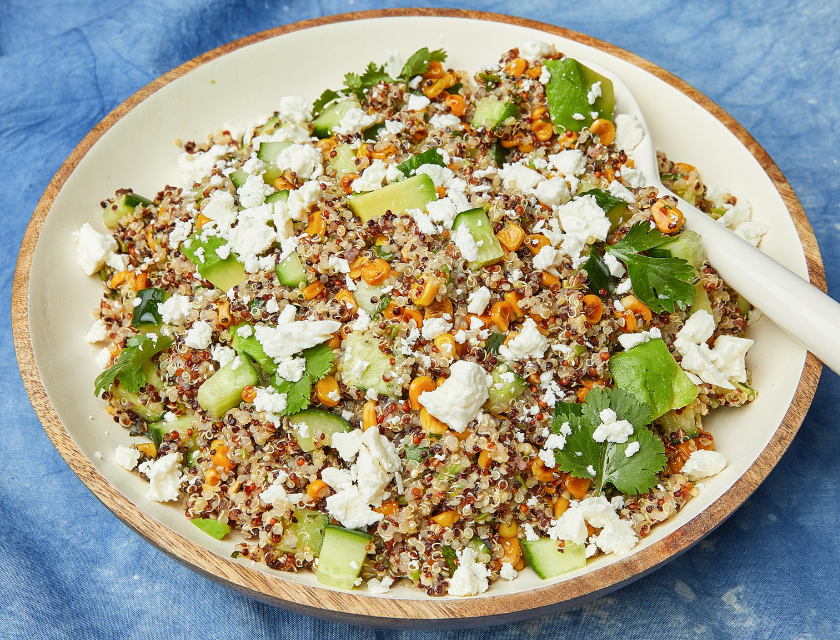
Quinoa, celebrated as a superfood, emerges as a versatile grain with an impressive nutritional profile, making it a valuable addition to a heart-healthy diet. One of its standout features is its richness in both fiber and protein, creating a nutritional powerhouse that offers a range of health benefits. The high fiber content in quinoa contributes to improved digestion and can aid in weight management by promoting a feeling of fullness, which is advantageous for those aiming to maintain a healthy weight and support heart health.
4. Brown Rice:
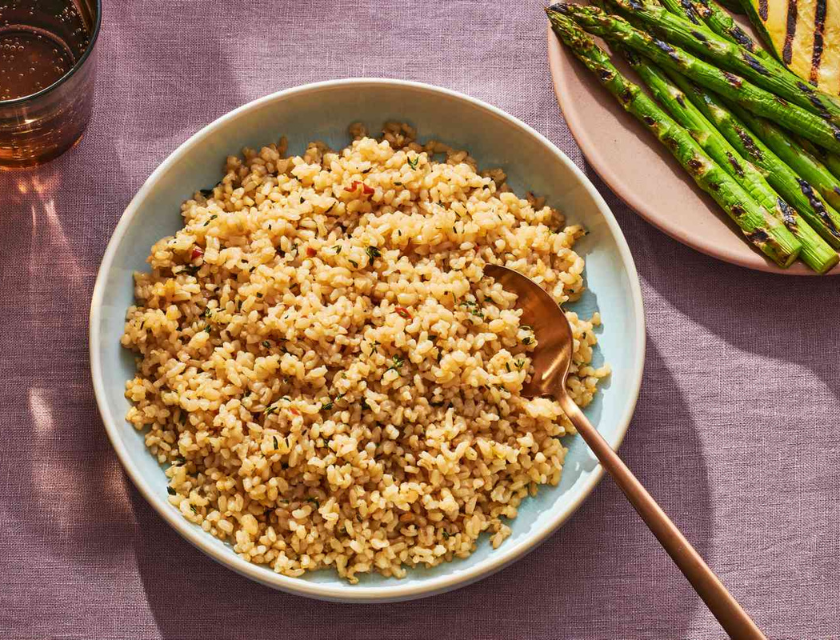
Brown rice, in stark contrast to its refined counterpart, white rice, emerges as a nutritional powerhouse with the inclusion of both bran and germ components. These elements, which are stripped away in the processing of white rice, significantly elevate the nutritional content of brown rice, rendering it a heart-healthy dietary choice. The bran and germ layers are rich in dietary fiber, a crucial component for promoting cardiovascular health. Fiber aids in digestion, contributes to satiety, and plays a pivotal role in managing cholesterol levels by helping to lower low-density lipoprotein (LDL) or “bad” cholesterol.
5. Whole wheat pasta:
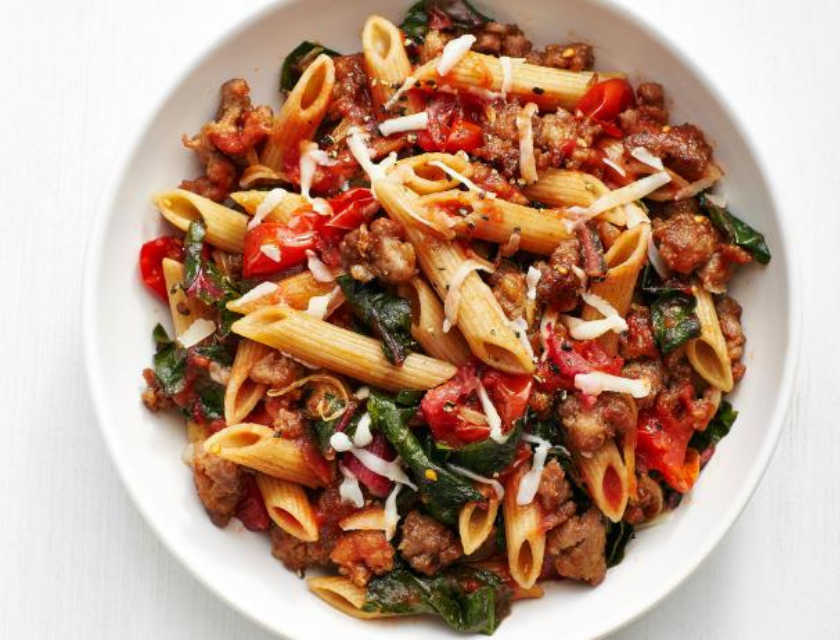
Choosing whole wheat pasta over its refined counterpart presents a nutritional upgrade that can significantly contribute to heart health. Whole wheat pasta is crafted from whole grains, retaining the nutrient-rich bran and germ layers that are removed in the production of refined pasta. The inclusion of these components elevates the fiber content, making whole wheat pasta an excellent source of dietary fiber. Foods That Will Help Lower Your Cholesterol
6. Lentils
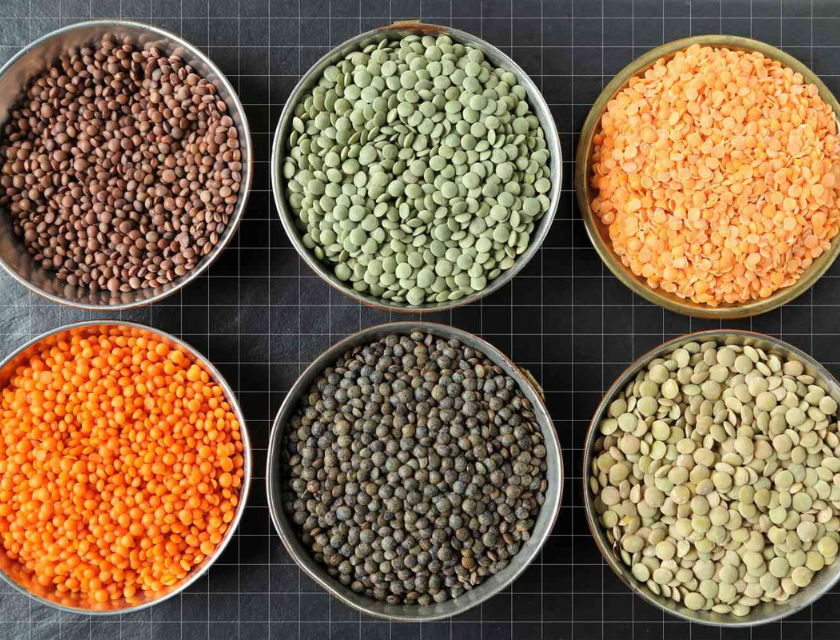
Lentils, hailed as a nutritional powerhouse, stand out as an exceptional source of both soluble fiber and plant-based protein, making them a stellar choice for promoting heart health. The soluble fiber content in lentils plays a pivotal role in managing cholesterol levels, particularly by reducing the absorption of low-density lipoprotein (LDL) or “bad” cholesterol in the digestive system. The soluble fiber forms a gel-like substance that binds to cholesterol, aiding in its elimination from the body and contributing to a healthier lipid profile.
7. Beans
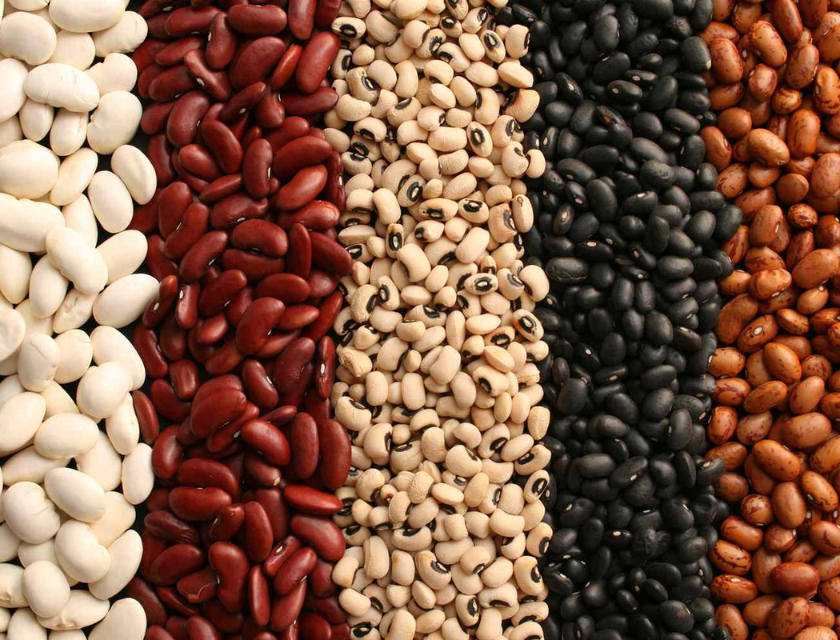
Beans, including black beans, kidney beans, and chickpeas, emerge as nutritional powerhouses rich in soluble fiber and plant compounds, offering a potent combination that can significantly contribute to lowering cholesterol levels and promoting heart health. The soluble fiber content in beans plays a pivotal role in managing cholesterol by reducing the absorption of low-density lipoprotein (LDL) or “bad” cholesterol in the digestive tract. This soluble fiber forms a gel-like substance that binds to cholesterol, aiding its excretion from the body and helping maintain a healthier lipid profile.
Moreover, the array of plant compounds present in beans, including phytochemicals and antioxidants, adds an extra layer of cardiovascular benefits. These compounds have been associated with anti-inflammatory and antioxidant properties, which can protect the cardiovascular system from oxidative stress and inflammation, contributing to overall heart health.
8. Avocado
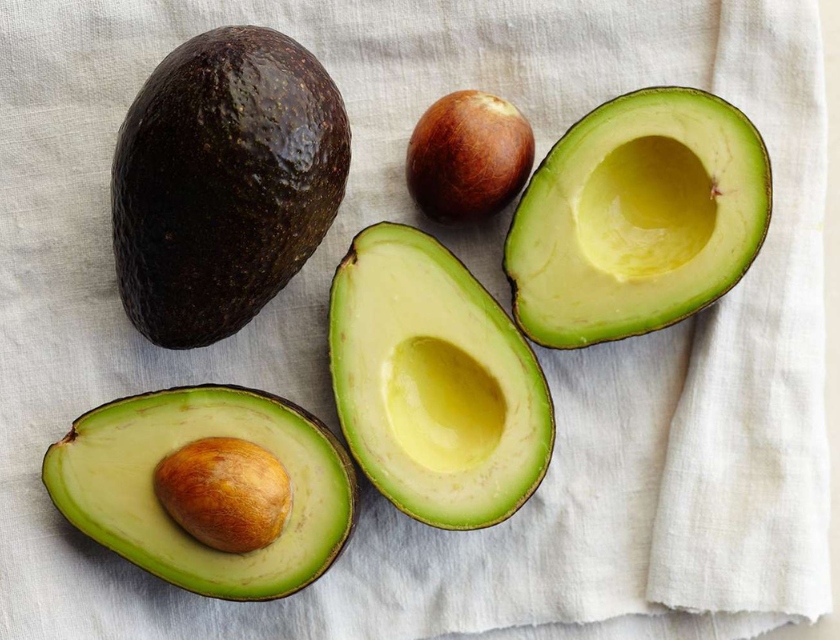
Avocado, celebrated for its creamy texture and rich flavor, emerges as a heart-healthy addition to the diet, primarily owing to its composition of monounsaturated fats. Unlike saturated fats, which are often associated with negative effects on cholesterol levels and cardiovascular health, monounsaturated fats, found abundantly in avocados, can have positive impacts on lipid profiles. Incorporating avocado into the diet, especially as a replacement for sources of saturated fats, has been linked to improvements in cholesterol profiles. Monounsaturated fats have been shown to increase high-density lipoprotein (HDL) or “good” cholesterol while reducing low-density lipoprotein (LDL) or “bad” cholesterol. This shift towards a more favorable lipid profile is crucial for reducing the risk of heart diseases.
9. Nuts
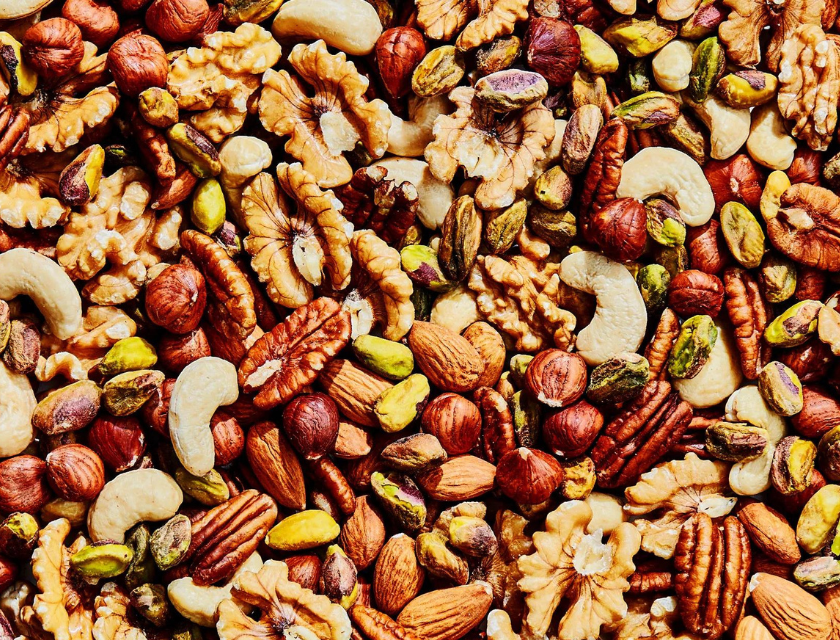
Almonds, walnuts, and pistachios emerge as nutritional powerhouses that contribute to heart health through a combination of unsaturated fats, fiber, and plant sterols. These nuts are rich sources of monounsaturated and polyunsaturated fats, often referred to as “good” fats. Unlike saturated fats, the unsaturated fats in these nuts have been associated with positive effects on cholesterol profiles, particularly in reducing low-density lipoprotein (LDL) or “bad” cholesterol levels.
The fiber content in almonds, walnuts, and pistachios further enhances their cardiovascular benefits. Dietary fiber aids in managing cholesterol levels by promoting a feeling of fullness and reducing the absorption of cholesterol in the digestive tract. The soluble fiber found in these nuts forms a gel-like substance that binds to cholesterol, facilitating its elimination from the body and contributing to a healthier lipid profile.
10. Seeds
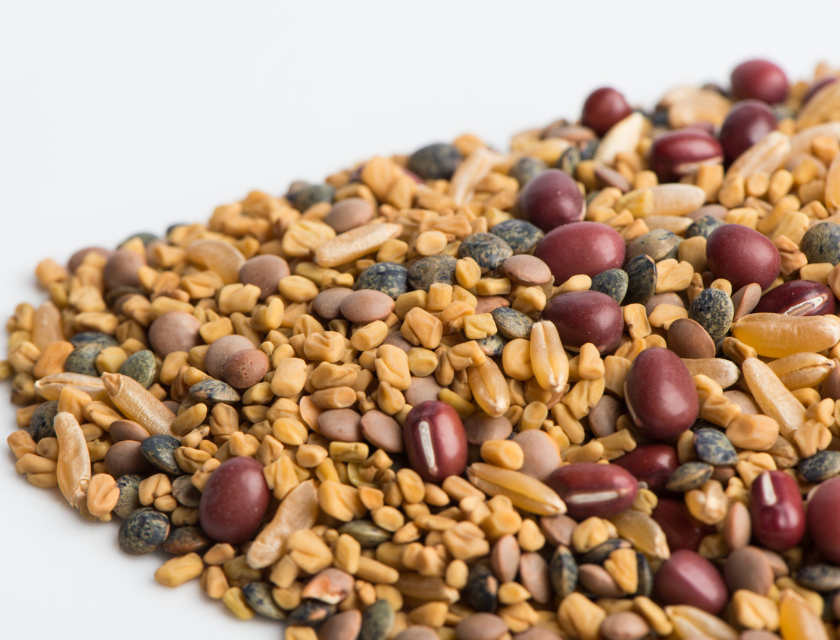
Chia seeds and flaxseeds, tiny powerhouses of nutrition, deliver a potent combination of omega-3 fatty acids and soluble fiber, offering a dual-action approach to better cholesterol control and overall heart health. The omega-3 fatty acids found in these seeds, specifically alpha-linolenic acid (ALA), have been associated with various cardiovascular benefits. ALA contributes to reducing inflammation, improving blood vessel function, and potentially lowering levels of low-density lipoprotein (LDL) or “bad” cholesterol.
11. Fatty fish

Fish such as salmon, mackerel, and sardines stand out as nutritional powerhouses, particularly due to their high content of omega-3 fatty acids, which impart a myriad of cardiovascular benefits. Omega-3 fatty acids, including eicosapentaenoic acid (EPA) and docosahexaenoic acid (DHA), play a crucial role in promoting heart health. These fatty acids are known for their ability to reduce triglyceride levels, a type of fat in the bloodstream that, when elevated, can contribute to an increased risk of heart disease. Foods That Will Help Lower Your Cholesterol.
12. Olive oil
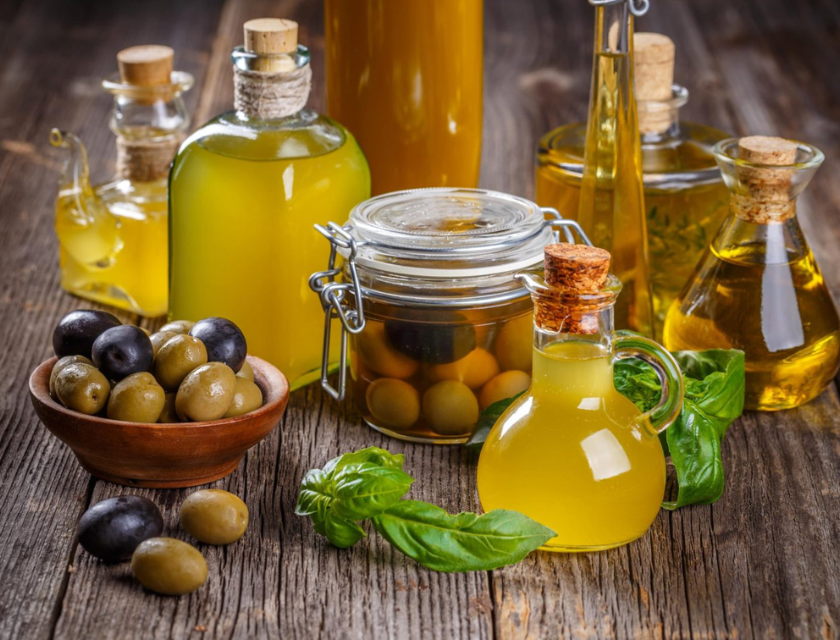
Extra virgin olive oil, renowned for its rich flavor and versatility, emerges as a nutritional gem due to its composition of monounsaturated fats and antioxidants, contributing to a positive impact on cholesterol levels and overall heart health. The monounsaturated fats, particularly oleic acid, found in extra virgin olive oil have been associated with various cardiovascular benefits. These fats have the ability to increase high-density lipoprotein (HDL) or “good” cholesterol while simultaneously reducing low-density lipoprotein (LDL) or “bad” cholesterol, thus promoting a more favorable lipid profile.
13. Canola oil

Canola oil stands out as a heart-healthy cooking oil due to its favorable fat profile, being low in saturated fat and high in unsaturated fats. This composition makes it an excellent choice for culinary applications, supporting heart health and overall well-being.
One of the key attributes of canola oil is its low saturated fat content. Diets high in saturated fats have been associated with elevated levels of low-density lipoprotein (LDL) or “bad” cholesterol, which can increase the risk of heart disease. By opting for canola oil, which is low in saturated fat, individuals can make a conscious choice to reduce their intake of this less heart-healthy fat.
14. Walnut oil
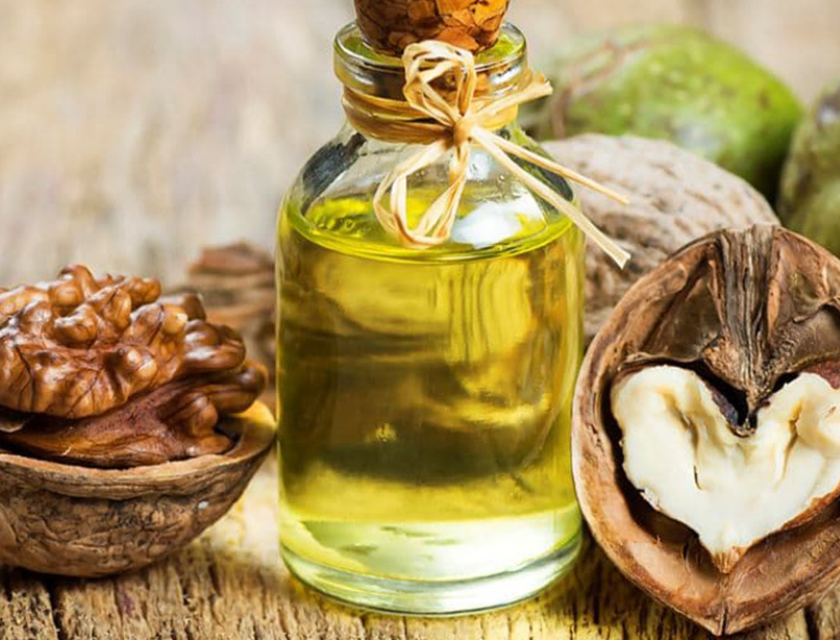
Walnut oil, derived from the nuts of the walnut tree, proves to be a heart-healthy addition to the culinary repertoire owing to its robust content of alpha-linolenic acid (ALA) and polyunsaturated fats. These nutritional components endow walnut oil with a range of cardiovascular benefits, making it a valuable choice for those seeking to support heart health.
Additionally, walnut oil is rich in polyunsaturated fats, including both omega-3 and omega-6 fatty acids. These fats play a vital role in maintaining healthy cell membranes, regulating blood clotting, and supporting overall cardiovascular function. The balance of omega-3 and omega-6 fatty acids is crucial for a well-rounded and heart-conscious dietary approach. Foods That Will Help Lower Your Cholesterol.
15. Almond butter
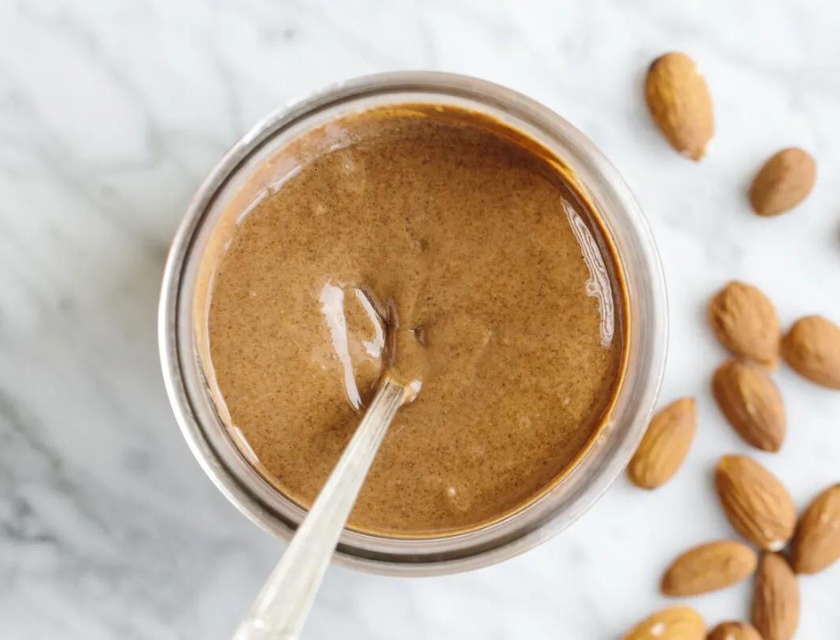
Almond butter, a creamy and nutrient-dense spread, emerges as a heart-healthy option due to its rich composition of healthy fats, fiber, and plant sterols. This delicious nut butter is made from ground almonds, offering a range of nutritional benefits that contribute to cardiovascular well-being.
Almond butter is also a rich source of dietary fiber, which plays a crucial role in cholesterol management. The soluble fiber in almond butter forms a gel-like substance in the digestive tract, binding to cholesterol and aiding its elimination from the body. This mechanism contributes to a reduction in LDL cholesterol levels, supporting a healthier lipid profile.
16. Berries
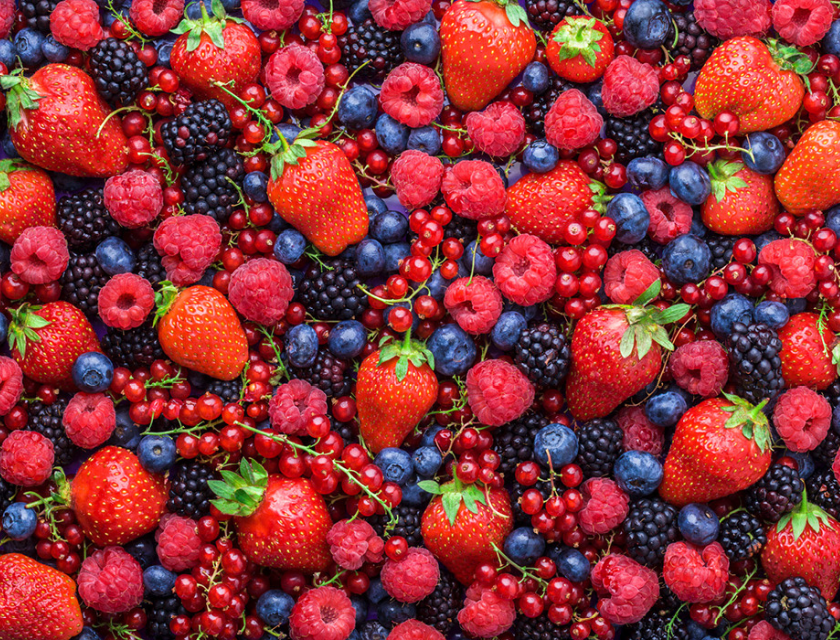
Berries, such as blueberries and strawberries, stand out as vibrant and flavorful fruits that not only tantalize the taste buds but also contribute to improved heart health through their rich antioxidant content. Antioxidants are compounds that help neutralize harmful free radicals in the body, preventing oxidative stress and inflammation, which are implicated in various cardiovascular diseases.
Blueberries, in particular, are renowned for their high levels of anthocyanins, a group of antioxidants responsible for their deep blue color. Anthocyanins have been associated with several cardiovascular benefits, including the potential to reduce blood pressure, improve blood vessel function, and enhance overall vascular health.
Strawberries, on the other hand, are rich in vitamin C, manganese, and various phytochemicals, all of which contribute to their antioxidant properties. Vitamin C, in particular, is known for its role in collagen synthesis and its potential to support blood vessel health. Foods That Will Help Lower Your Cholesterol.
17. Apples
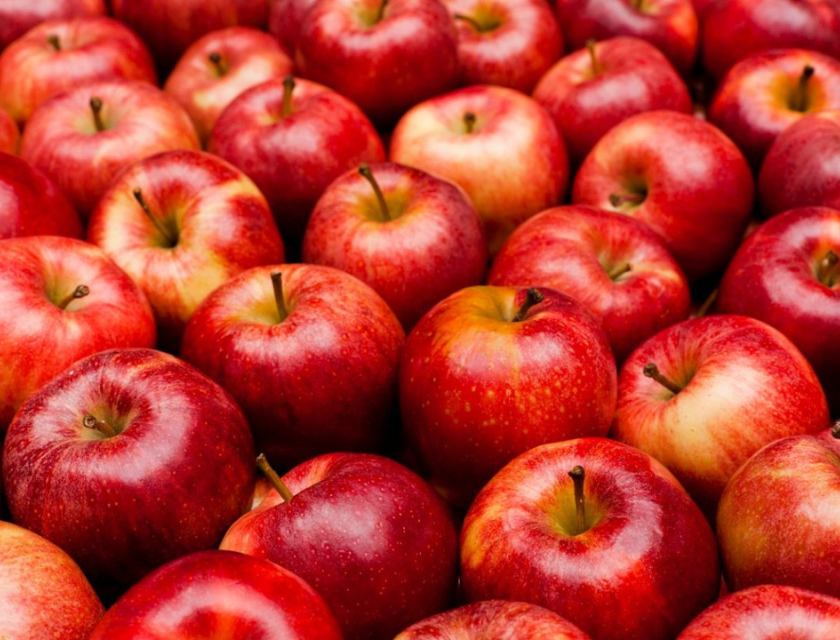
Apples, celebrated for their crisp texture and natural sweetness, offer more than just delightful flavor – they are also a heart-healthy fruit due to their significant soluble fiber content, particularly in the form of pectin. This soluble fiber has been associated with various cardiovascular benefits, making apples a valuable addition to a heart-conscious diet.
Pectin, the primary soluble fiber in apples, forms a gel-like substance in the digestive tract. This gel binds to cholesterol and bile acids, facilitating their elimination from the body. As a result, the absorption of cholesterol in the intestines is reduced, contributing to lower levels of low-density lipoprotein (LDL) or “bad” cholesterol. This cholesterol-lowering effect is crucial in supporting cardiovascular health and reducing the risk of heart disease.
Additionally, apples contain other beneficial compounds, such as flavonoids and antioxidants, which contribute to their overall heart-protective properties. These compounds have been associated with anti-inflammatory effects and may help combat oxidative stress, further supporting the health of the cardiovascular system.
18. Citrus fruits

Oranges and grapefruits are not only delicious and refreshing fruits but also boast an impressive array of health benefits, particularly in promoting heart health. One of the key factors contributing to their cardiovascular benefits is their high content of soluble fiber and antioxidants.
Moreover, the combination of soluble fiber and antioxidants in oranges and grapefruits may have a synergistic effect on heart health. While soluble fiber helps manage cholesterol levels, antioxidants work to protect the heart and blood vessels from oxidative damage, creating a holistic approach to cardiovascular well-being.
Incorporating oranges and grapefruits into a balanced diet can be a tasty and nutritious way to support heart health. Whether consumed as whole fruits, added to salads, or enjoyed as freshly squeezed juices, these citrus delights offer a delicious and heart-friendly addition to a healthy lifestyle.
19. Spinach
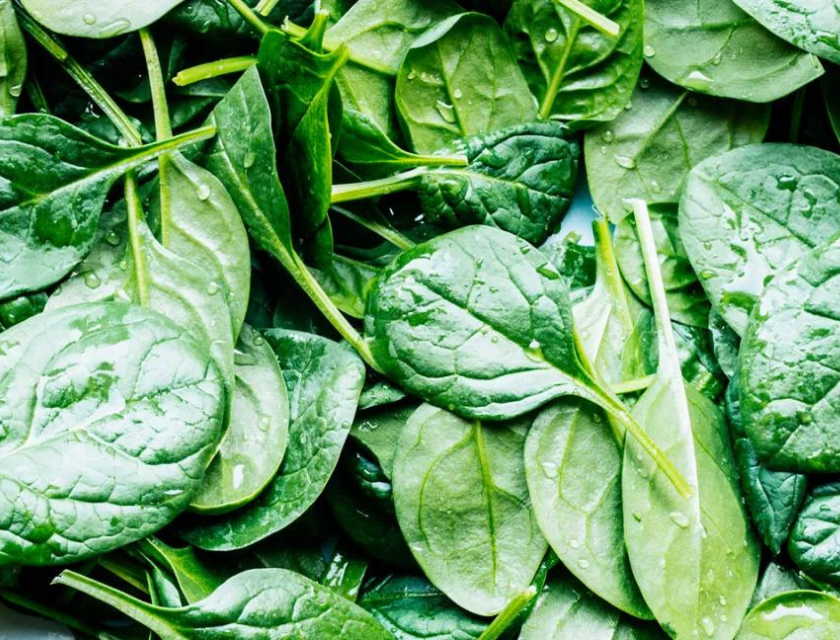
Spinach is notably high in lutein, a carotenoid and antioxidant belonging to the vitamin A family. Lutein is renowned for its role in promoting eye health, but it also extends its benefits to cardiovascular well-being. As an antioxidant, lutein helps combat oxidative stress in the body, reducing inflammation and preventing damage to blood vessels. This, in turn, supports the overall health of the cardiovascular system by minimizing the risk of atherosclerosis and related heart issues. Incorporating spinach into a balanced diet can be a flavorful and nutritious way to support heart health. Whether consumed raw in salads, sautéed as a side dish, or blended into smoothies, spinach offers a versatile option for those looking to enhance their cardiovascular well-being. Its combination of lutein, fiber, and plant compounds makes it a valuable addition to a heart-healthy lifestyle. Foods That Will Help Lower Your Cholesterol.
20. Kale
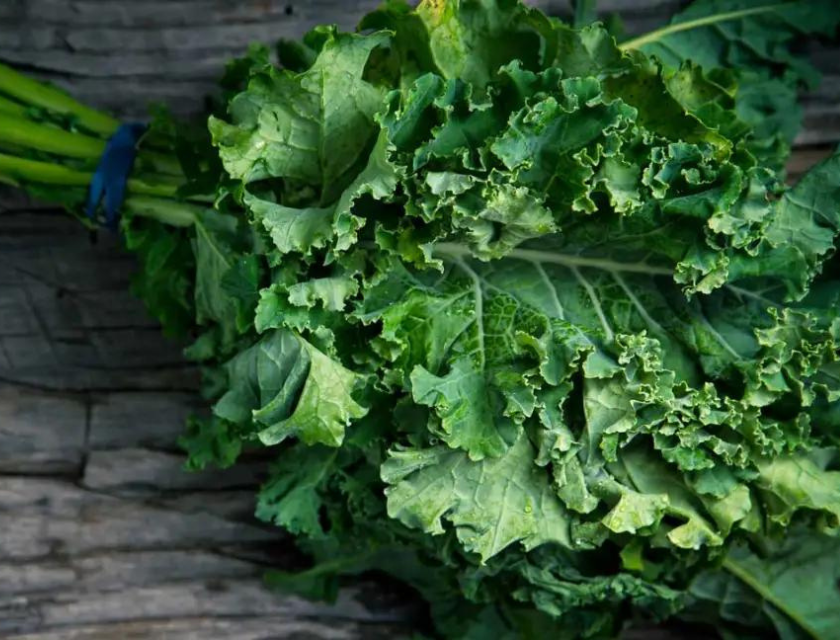
Kale is a powerhouse among leafy greens, celebrated for its exceptional nutrient density and a wide array of health-promoting compounds. Its unique combination of fiber, antioxidants, and vitamin K makes it particularly beneficial for supporting heart health. Incorporating kale into a balanced diet can be a delicious and nutritious way to support heart health. Whether consumed in salads, added to smoothies, or lightly sautéed as a side dish, kale’s nutrient density makes it a versatile and valuable addition to a heart-healthy lifestyle. Its fiber, antioxidants, and vitamin K content collectively make it a nutritional powerhouse that not only benefits the heart but also contributes to overall well-being.
21. Broccoli

Broccoli, a cruciferous vegetable, is renowned for its impressive nutritional profile and various health benefits. One notable aspect of broccoli that contributes to heart health is its high fiber content, along with its potential to reduce low-density lipoprotein (LDL) cholesterol. Incorporating broccoli into a well-balanced diet can be a flavorful and nutritious way to support heart health. Whether steamed, sautéed, added to salads, or included in stir-fries, broccoli offers versatility in culinary applications. Its combination of high fiber content and potential to reduce LDL cholesterol makes it a valuable addition to a heart-healthy diet, contributing to the prevention of cardiovascular issues and promoting overall well-being. Foods That Will Help Lower Your Cholesterol.


